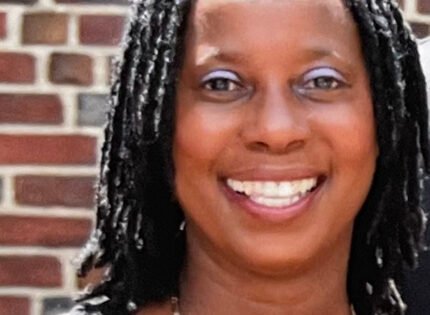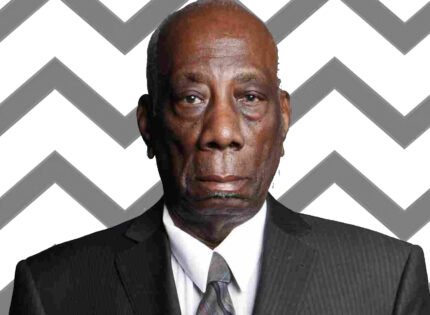When David Archer speaks about his upbringing, he describes a time immersed in the rhythms of reggae music and the flavors of ackee and saltfish. As he grew up, he wasn’t initially sure of the path his life was going to take, but he welcomed the challenge to counter the societal narrative that said Black people aren’t successful as mental health specialists. He not only challenged this, but Archer also emerged as a powerful advocate for anti-racist psychotherapy. He has a Master of Social Work from McGill University he also has another Masters in Couple and Family Therapy and is a registered Marriage and Family Therapist.
Archer is also the only Black male EMDR (Eye Movement Desensitization and Reprocessing) specialist in Canada, an accomplishment that in his words, “isn’t anything to be proud about.”
He tells the CONTACT that there needs to be “more people like us in the mental health sphere.” He says that he has met therapists who were uncomfortable discussing race or admitting problems with race and the linkage to mental trauma.
“Quebec refuses to acknowledge the existence of systemic racism,” Archer says. He says that Black therapists shouldn’t just follow the research and science but also need to look at the history. He says his success as a therapist is from Black clients that have consulted with him. He notes that many Black people want to be served by their own, but the problem is that they (Black therapists) aren’t enough. And he ties it in with the fact that we live in a province that doesn’t acknowledge Black pain by way of acknowledging systemic racism.
“All of this forms a framework for exclusion and makes it hard for Black people to access this crucial service. The rules haven’t always been in our favor, there was a time they said that if a Black person wanted to escape from slavery, they were mentally ill.”
He adds, “We can’t just say that Black people don’t want to go to therapy it’s just that the rules haven’t always been in our favor.”
For Archer, these are the driving factors that push him to adopt an evidence-based approach. While he has his knowledge from academia, he notes that society and lived experiences are essential in fashioning a trellis for treating Black patients.
His unique methodology blends evidence-based practices with mindfulness, intersectional feminism, and critical race theory. Archer’s commitment to intersectionality led him to create a groundbreaking approach that acknowledges not just the science but the societal and historical contexts of mental health. He strongly advocates for acknowledging systemic racism, a factor often overlooked in mental health discussions.
He acknowledges a pressing need for therapists who could empathetically address racial trauma. In his own words, “It’s not about the sword but the samurai who wields the sword,” emphasizing the importance of the therapist’s understanding and approach in healing racial trauma.
Beyond therapy, Archer is a literary voice challenging the status quo. His acclaimed works, including “Anti-Racist Psychotherapy: Confronting Systemic Racism and Healing Racial Trauma,” delve into the intricate interplay of neuroscience and social justice. He bridges the gap between academia and activism, offering readers a profound understanding of the mental health effects of racism and the path to recovery.
His book, “Black Meditation,” offers solace to those without access to therapy. He champions the revival of long-form reading, encouraging the Black community to embrace the healing power of literature and create spaces of gratitude and connection.
“Black Meditation was designed to be a book that Black people could read if they didn’t have access to a Black therapist or an anti-racist therapist, they could hear my voice, and my voice could guide them in those medications.” He says he has received positive reviews from therapists who have played the meditations for their clients and had great success.
Archer believes that effective Black healing involves finding spaces for joy by getting back into reading and less in social media and creating and maintaining community. Through his expertise, advocacy, and literary contributions, he not only challenges the limitations of the past but also crafts a new narrative for the future.
To learn more about David Archer and his work: https://archertherapy.com/
















